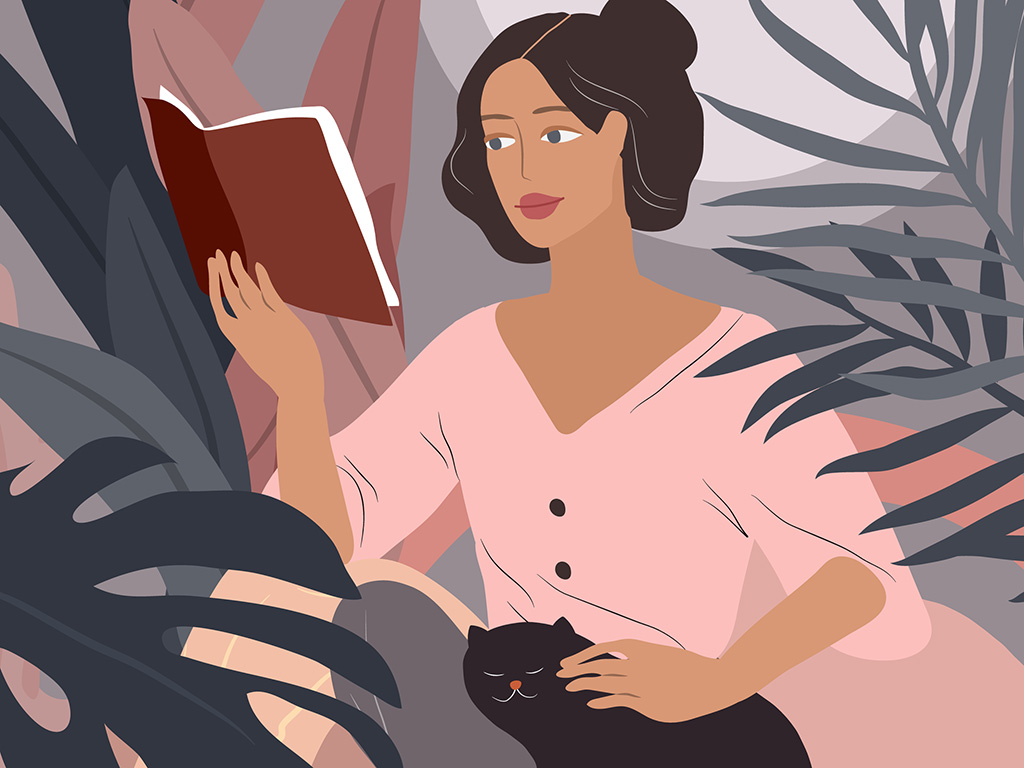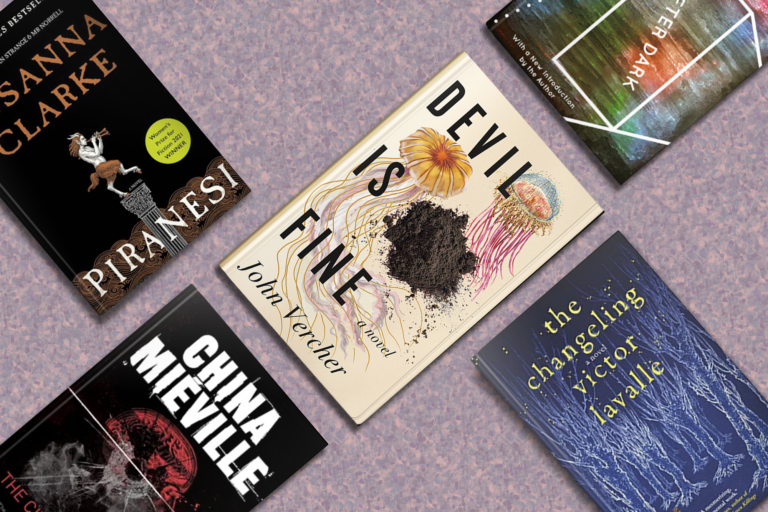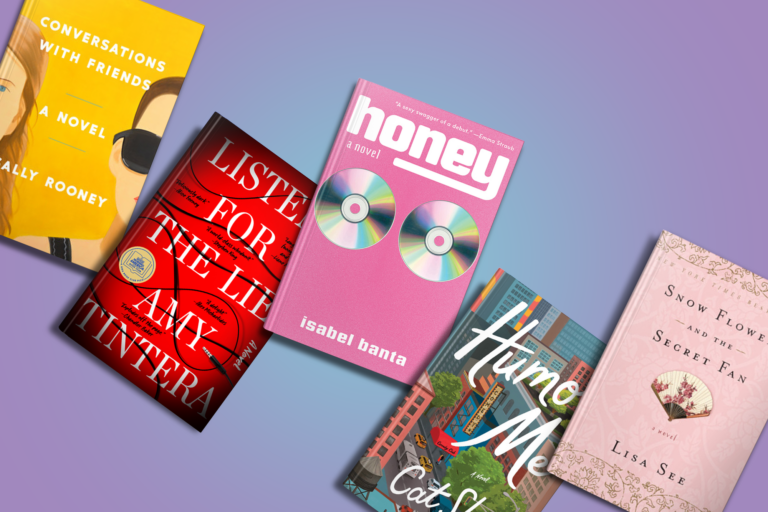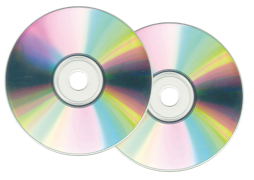These canonical texts and contemporary reads keep the genre alive.By Jessica Dukes
During Women's History Month, we're celebrating the female authors who have used their voices to make the case for gender equality.
Feminist literature seeks to show the many ways that women should be treated equally, and the consequences that we all face if they aren’t. Classics within the genre put relationships, ambition, and motherhood under a microscope. Sexism, violence, and double standards are unapologetically exposed. At the center of it all: a woman, striving for balance and happiness, however she defines it.
Classic Literature
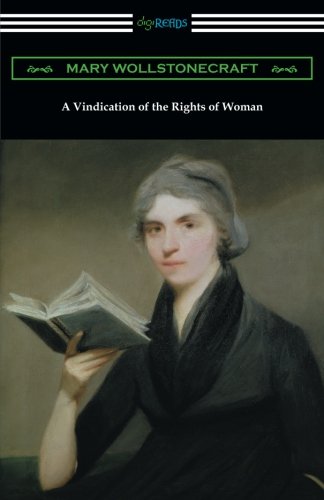
A Vindication of the Rights of Woman by Mary Wollstonecraft (1792)
A Vindication of the Rights of Woman is arguably Wollstonecraft’s most important work. A manifesto, she makes the case that the rights of men should be extended to women. Education, specifically, ought to be a priority if women are to be effective wives, mothers, and community members. She dismisses the idea that women should be judged by their appearances, and instead champions women’s innate ability to be sensible at all times. For its time, these were revolutionary ideas about women’s roles in the family and in society.
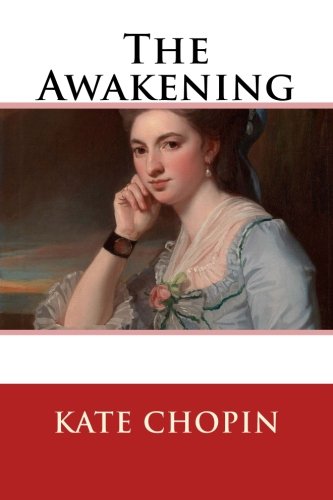
The Awakening by Kate Chopin (1899)
Edna’s family vacation goes sideways when she falls in love with Robert, the son of the resort owner. The real scandal, however, is that she realizes her needs as a woman. Back at home, Edna is unable to pick up her usual routine. So she doesn’t. She moves out, becomes an artist, and ignores her responsibilities at home, a series of choices that has stark consequences.
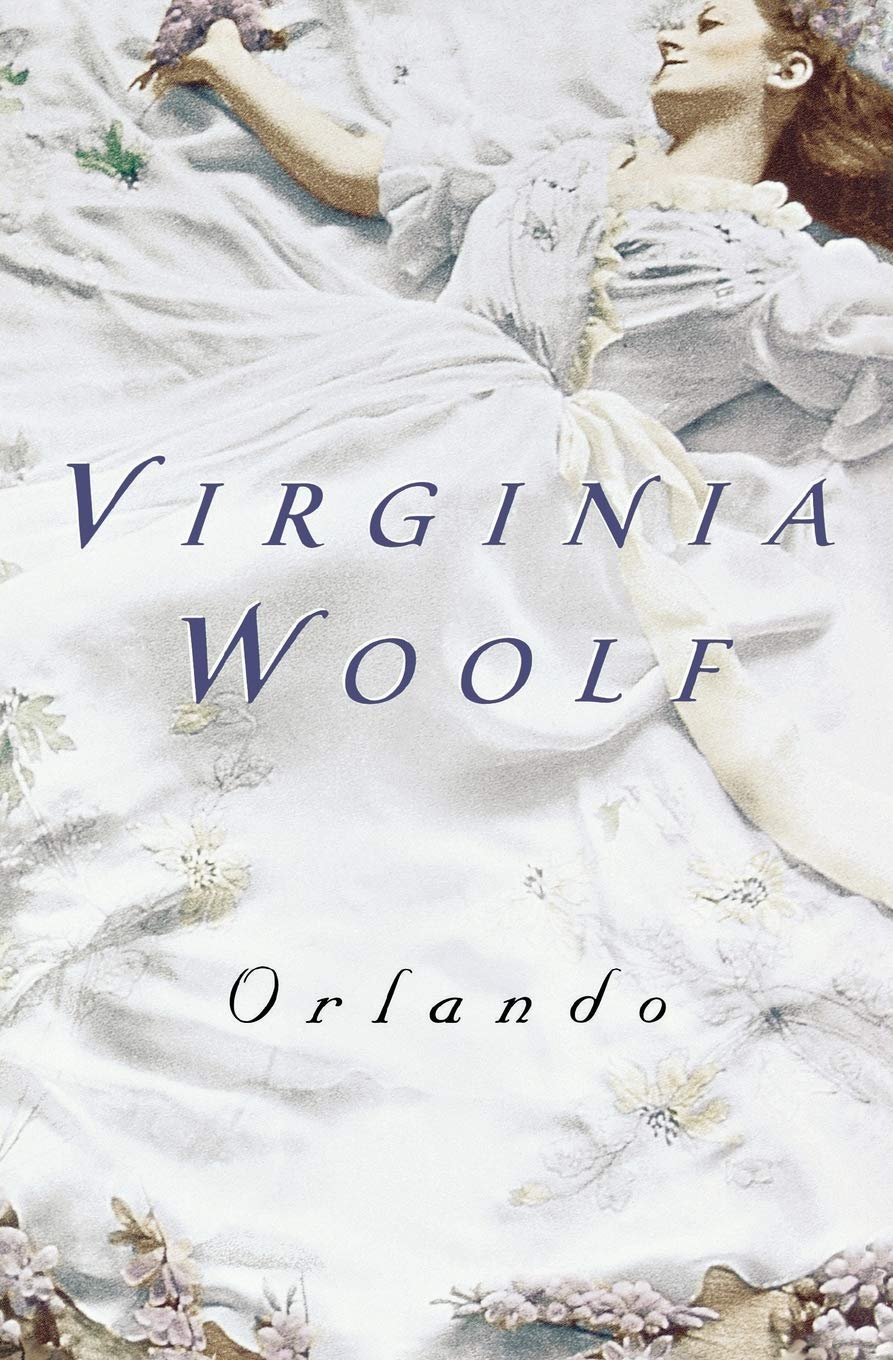
Orlando by Virginia Woolf (1928)
By age 30, Orlando is the king’s ambassador in Constantinople, but he’s frustrated by love and art. One night, he falls asleep and awakes several days later as a woman. Orlando joyfully accepts his new self, occasionally dresses as a man, but lives for centuries as a woman. She never ages, meets and loves many, and eventually (and happily) marries a non-gender-conforming sea captain.
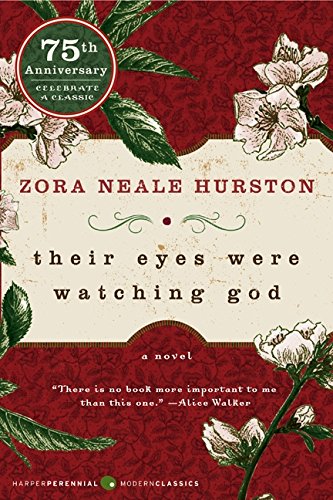
Their Eyes Were Watching God by Zora Neale Hurston (1937)
Over a series of relationships, Janie discovers what she will and will not tolerate, and grows to understand that how the world sees her is not how she sees herself. Standing up for herself against her oppressive husband, refusing to remarry when he dies, managing her own money, and living with a man of her choosing are just some of the ways Janie takes control of her already difficult life.
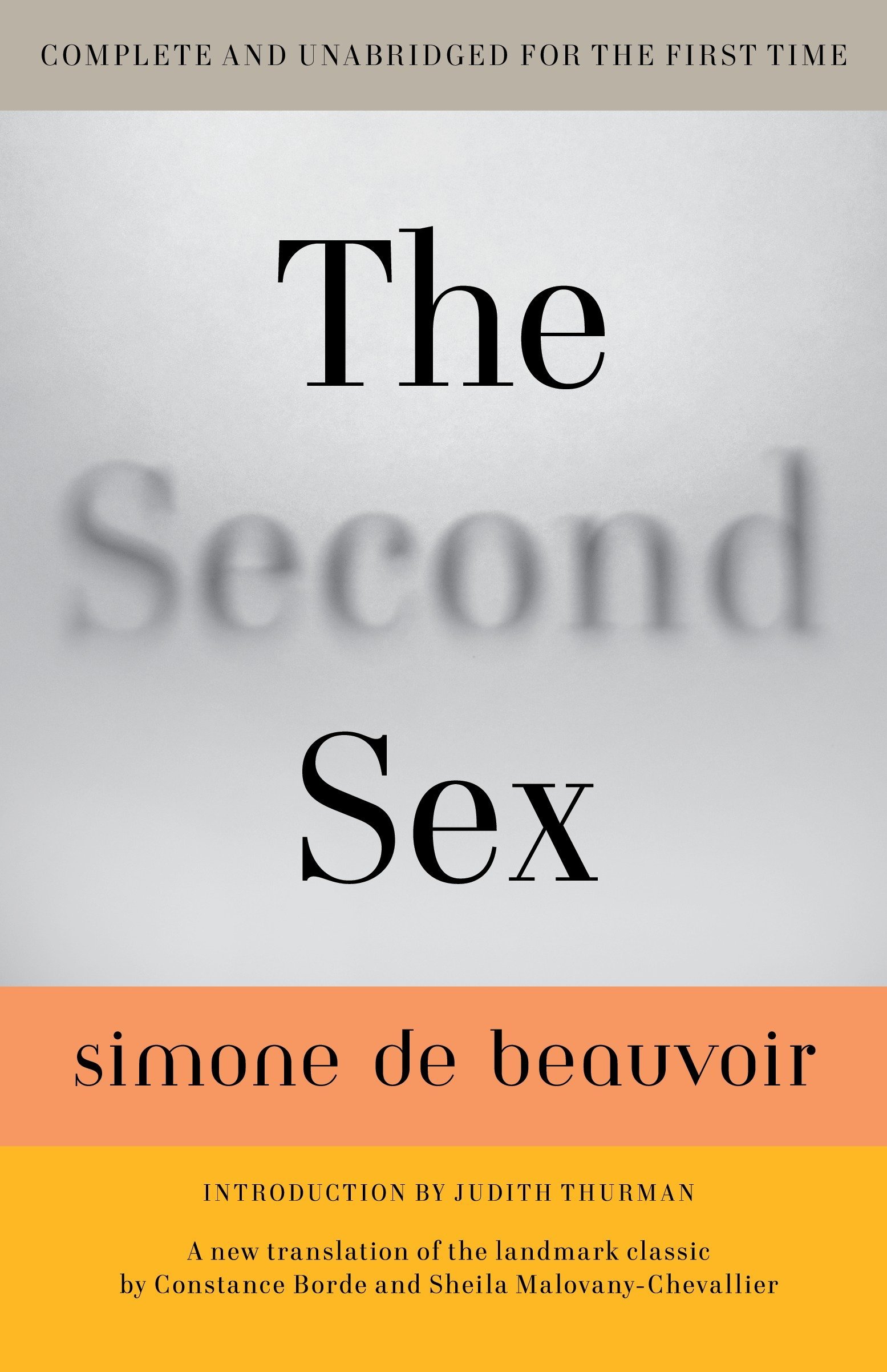
The Second Sex by Simone de Beauvoir (1949)
A cornerstone of feminist theory, Volume One gives us the vocabulary to understand womanhood. Her concept of “the other” — a dichotomy wherein male-ness is the default normal and female-ness is therefore not normal — is an idea that now radiates through conversations about all aspects of society, beyond gender issues. Volume Two turns to domestic concerns — how boys and girls are raised differently, the role of fashion in women’s identity, women’s friendships, pregnancy, marriage, sexual frustration, and even housekeeping. In short, it shines a critical spotlight on every corner of what it is to be female in the Western world.
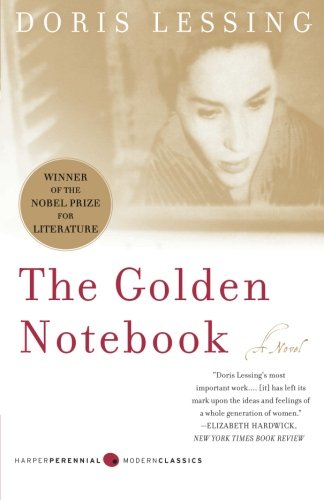
The Golden Notebook by Doris Lessing (1962)
Anna keeps track of her life in four notebooks. The blue one is a diary, the black one is for memories of Africa, the yellow one is her languishing fiction, and the red one contains her political writings. Soon, Anna realizes that compartmentalizing her life is unhealthy. Fearing insanity, she decides to start a new notebook, a golden one, that will bring her life as a mother, writer, Communist, friend, and lover into an understandable focus.
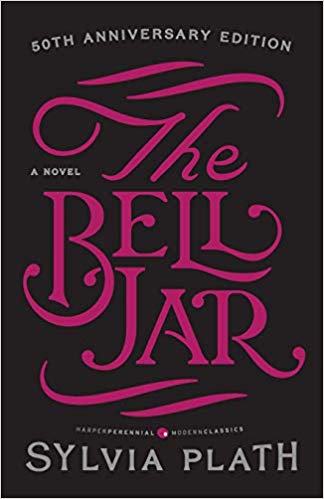
The Bell Jar by Sylvia Plath (1963)
Despite a history of academic and career success, Esther is in a spiral of self-doubt. Marriage and motherhood appear too oppressive for her, but she feels she’s running out of options. Throw in a string of sexual double standards, and the frustration proves overwhelming. Esther decides that if she can’t control her own life, at least she can control her death and begins planning for suicide.
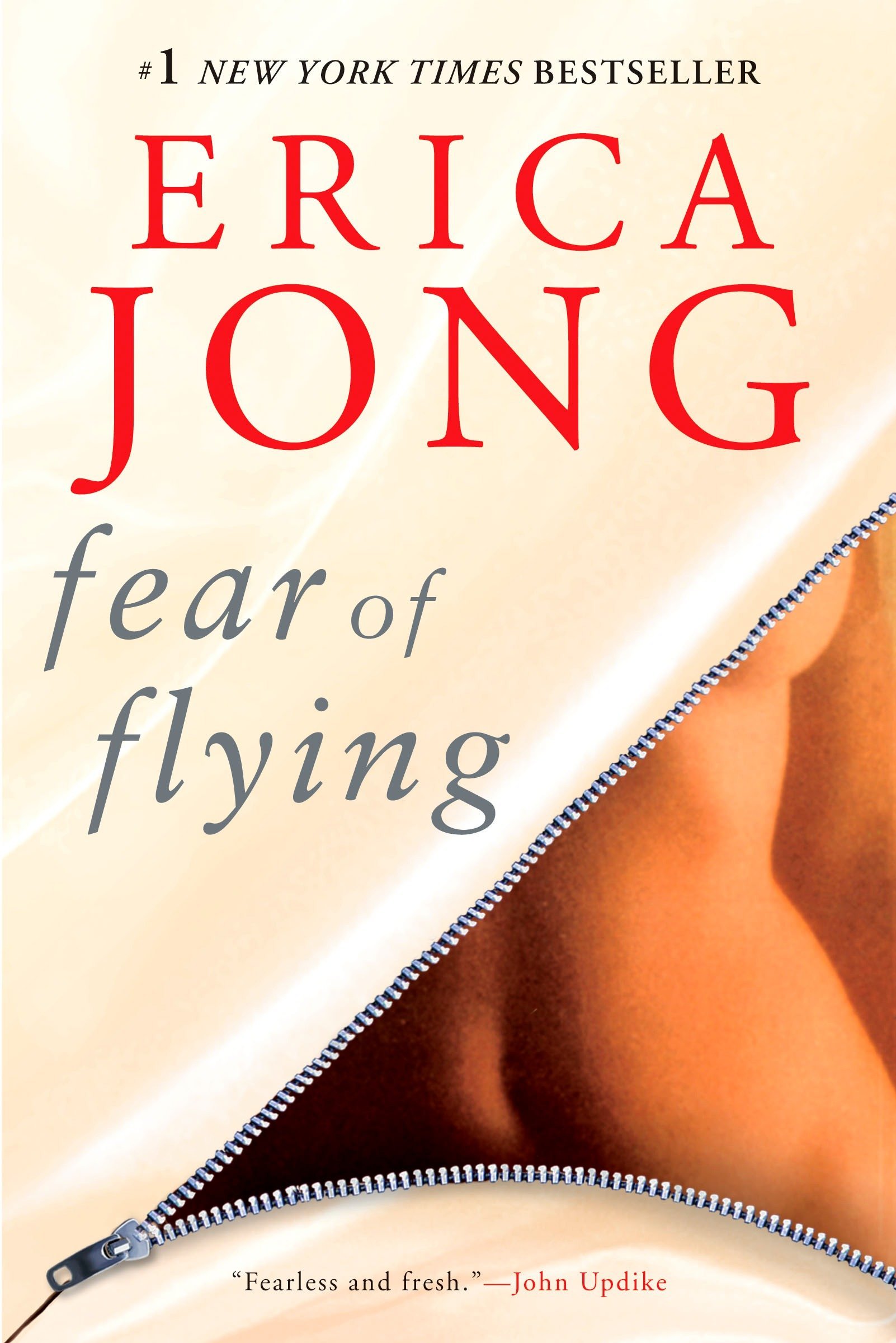
Fear of Flying by Erica Jong (1973)
Jong’s most famous novel caused quite a sensation for the blunt descriptions of women’s sexual fantasies. The main character, Isadora, is in an adequate marriage, but can’t stop fantasizing about a one (or weeklong) night stand with another man. As she explores her sexuality, Isadora realizes that she must choose between stability and passion, because having both isn’t an option.
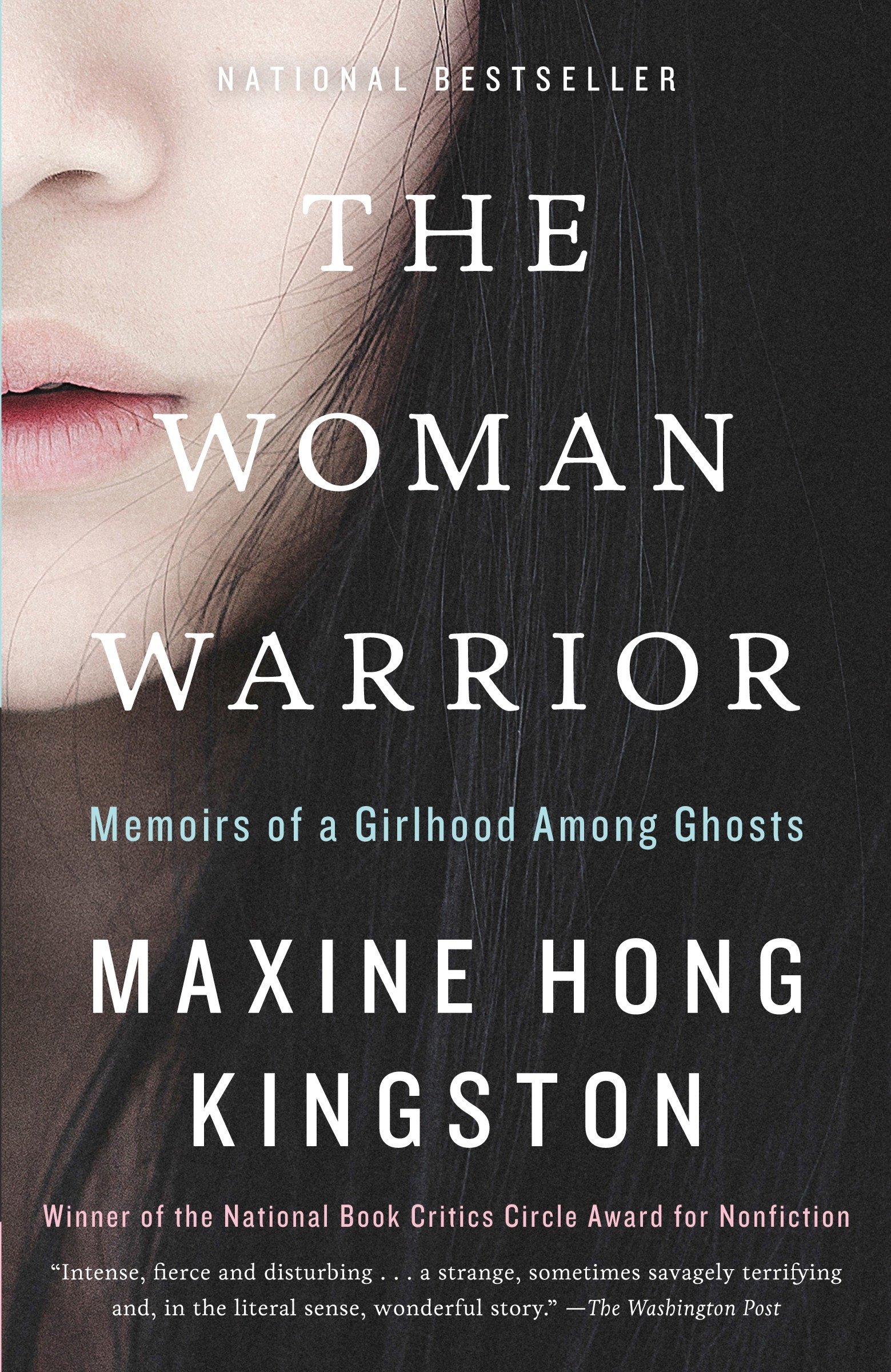
The Woman Warrior by Maxine Hong Kingston (1976)
A mix of memoir and mythology, Kingston’s book is an important look at what it means to be a woman, Chinese, American, and an immigrant in one moment. California is home, but China is never far away thanks to her mother’s stories about the women warriors of the past. As Kingston compares her mother’s stories with women’s current political realities, she contemplates what her own woman warrior story should be.
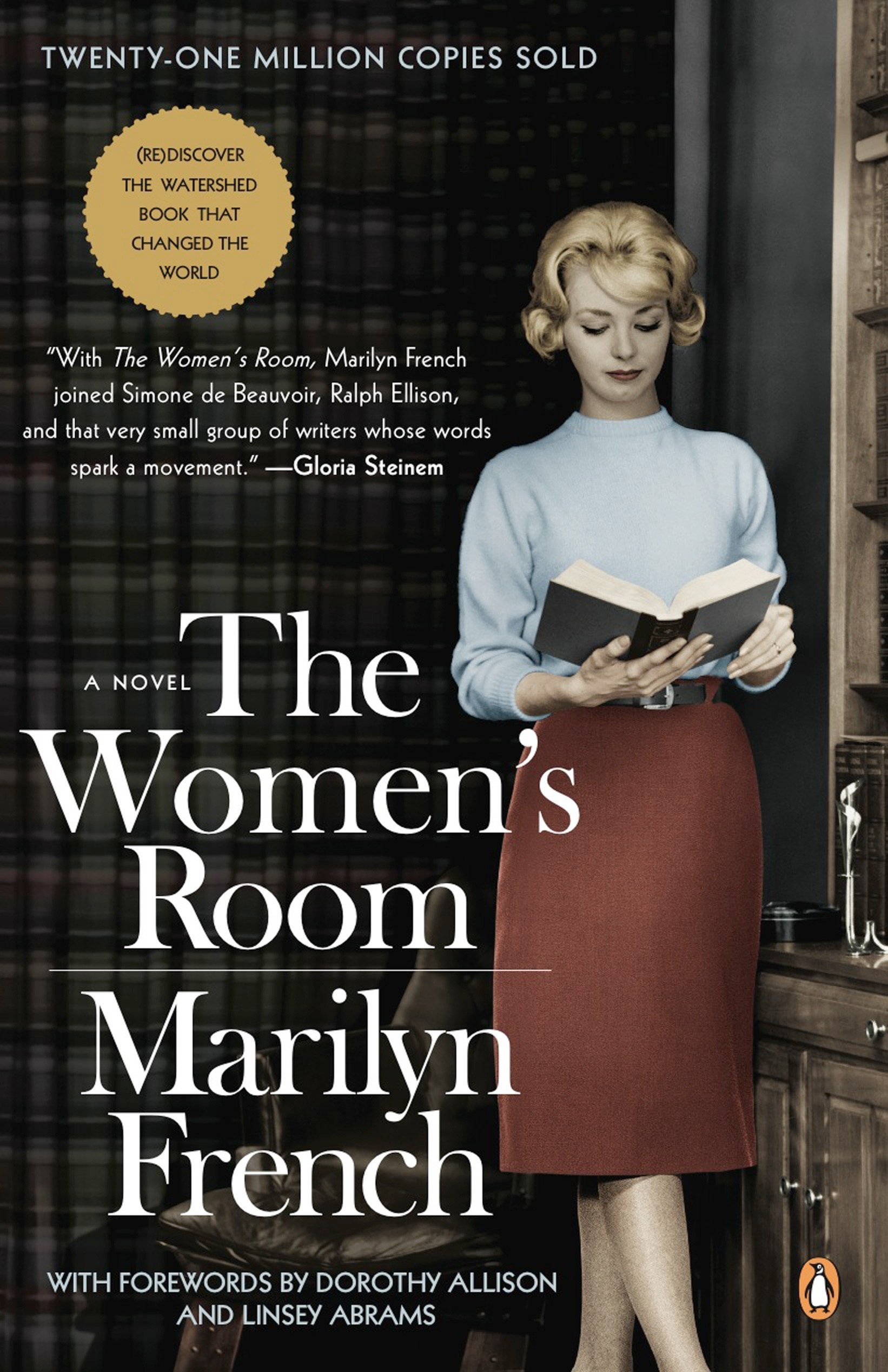
The Women's Room by Marilyn French (1977)
Mira is one unhappy ‘50s housewife among many, whose life is thrown into turmoil when her husband files for divorce. With the support of friends, she rebuilds her life, eventually earning a PhD from Harvard and meeting intellectuals who shape her understanding of womanhood, relationships, and patriarchy. When first published, The Women’s Room was criticized as “man hating,” but it’s since been credited with reinvigorating the women’s movement.
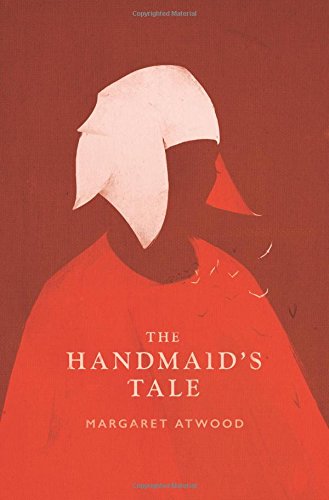
The Handmaid's Tale by Margaret Atwood (1985)
The Republic of Gilead is modeled strictly on the Bible’s Book of Genesis. For women, the consequences are oppressive, deadly, and dystopian. Offred is captured while trying to escape and forced into service as a handmaid — a woman assigned to a family who can’t conceive a child, with orders to be the surrogate. Through her experiences, we’re shown how absolute patriarchy coupled with religious fundamentalism leads to a complete erasing of women’s autonomy and legal rights.
Contemporary Titles
Novels and essays that show how far we’ve come, and the issues women still face today.
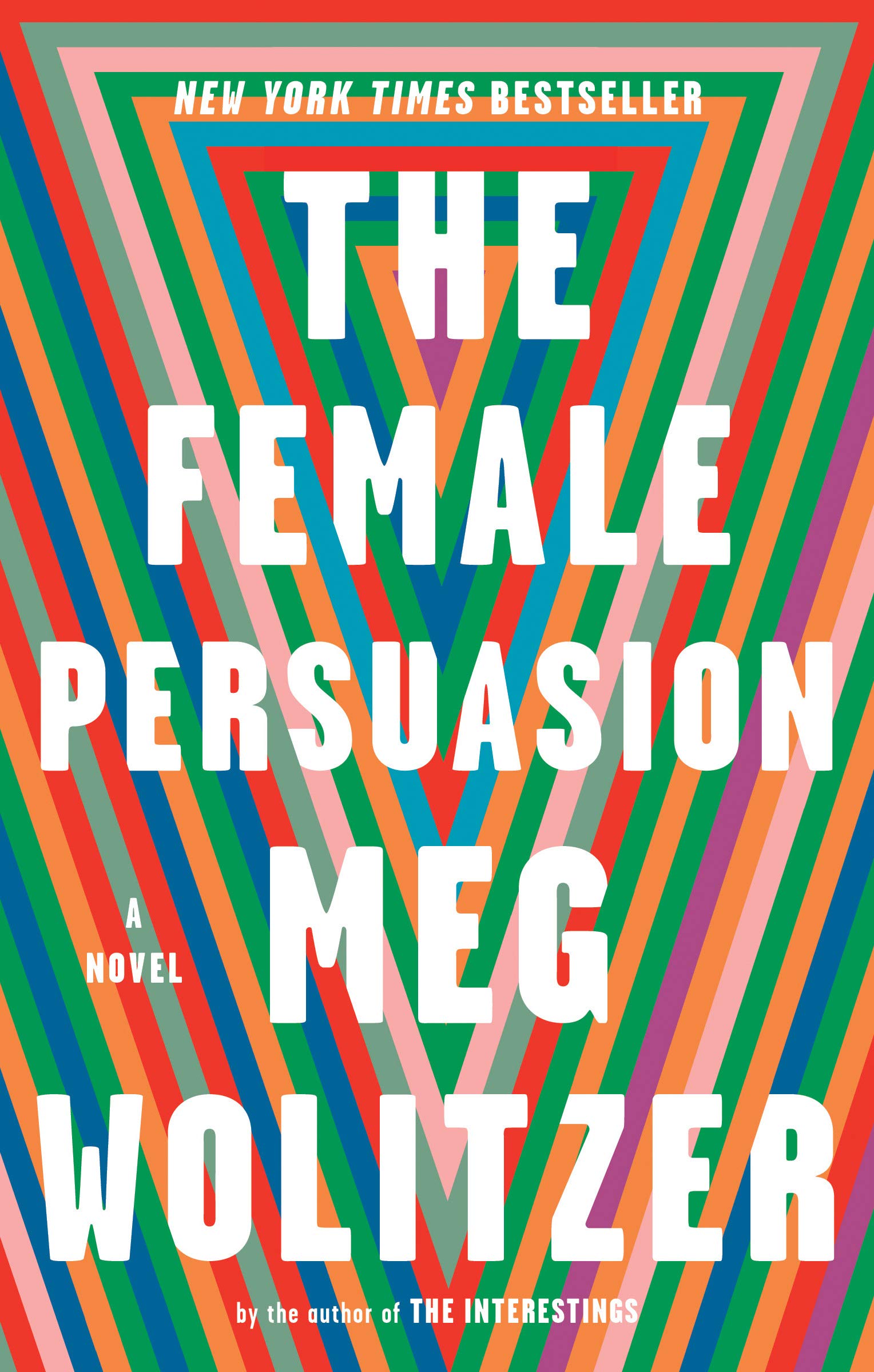
The Female Persuasion by Meg Wolitzer
Faith is an icon of the 1970s women’s movement, having spent decades fighting for equality. Greer is a college freshman with a serious boyfriend and an even more serious desire to do something important with her life. When Greer meets Faith, she’s offered an unexpected opportunity to work for her foundation, but she has to wonder if it means shunning the customary roles she always assumed she’d play. It’s a stark look at the generational differences in today’s feminism.
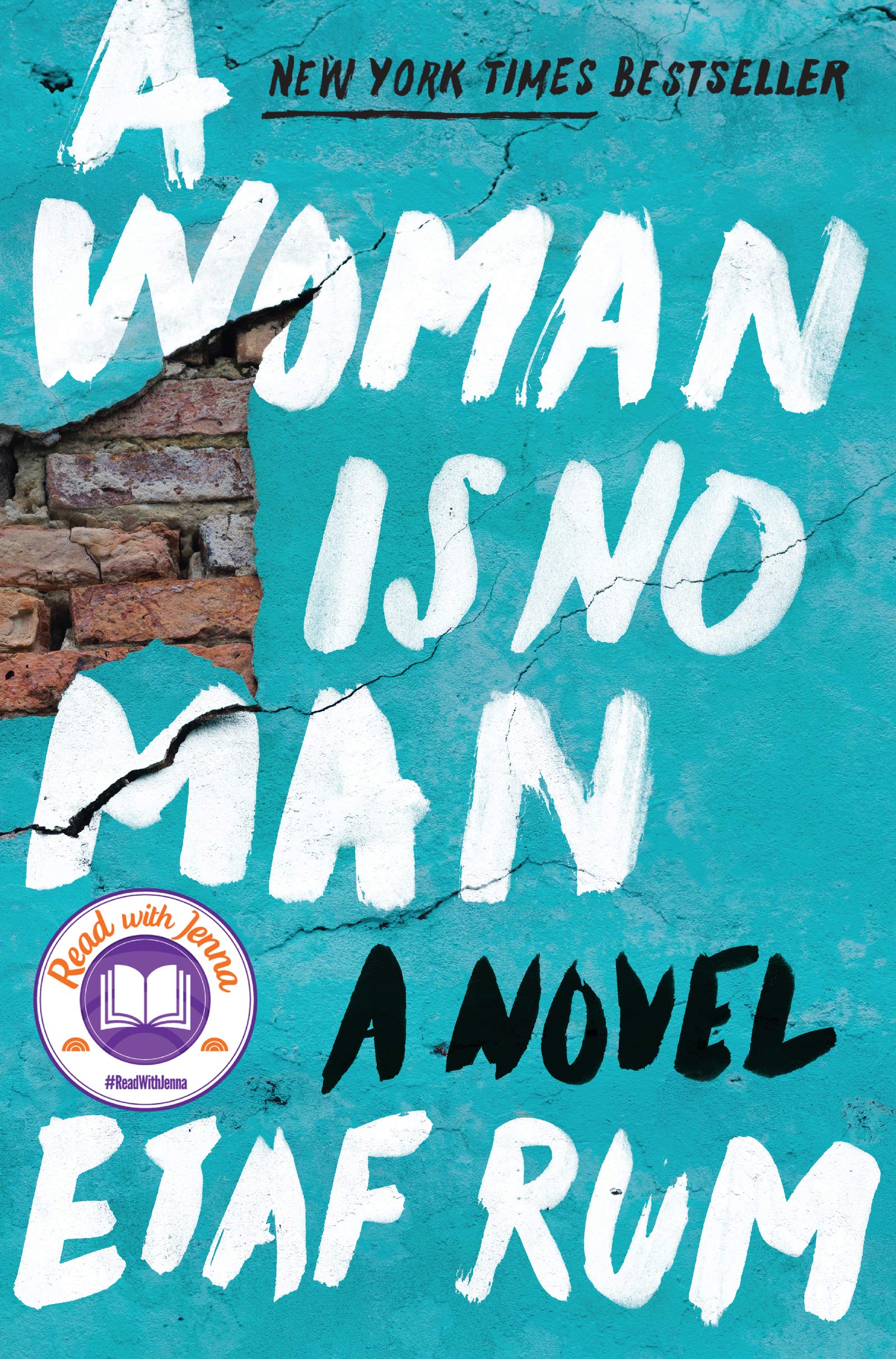
A Woman Is No Man by Etaf Rum
Three generations of Palestinian-American women wrestle with tradition and the impulse to rebel against it. At 17, Isra is forced into marriage, moves with her husband and strict mother-in-law to Brooklyn, and has four daughters. Eighteen years later, Isra’s oldest daughter, Deya, is being steered away from college and into marriage. Now, it’s up to Deya to expose the family’s painful secrets and take control of the life she wants to live.
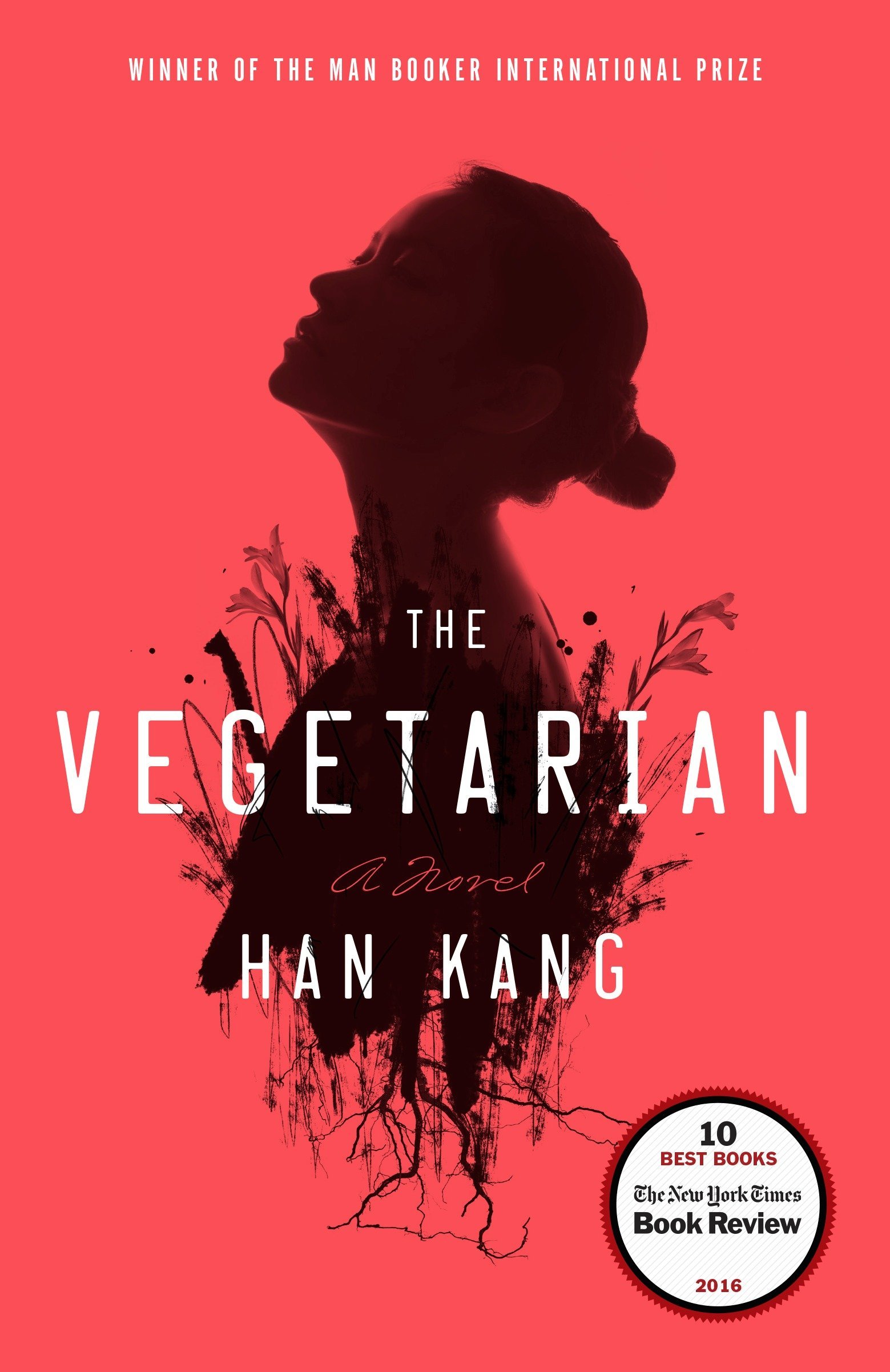
The Vegetarian Han Kang
Yeong-hye’s family doesn’t understand her sudden switch to vegetarianism. The more they question her decision, the more Yeong-hye digs in. It’s her health, and she’s determined to keep it under her control. A power struggle explodes, leaving Yeong-hye with few allies. Instead, her insistence is taken as hysteria. More than just a story about the ethics and culture of the food we eat, The Vegetarian makes a larger statement about a woman’s bodily consent.
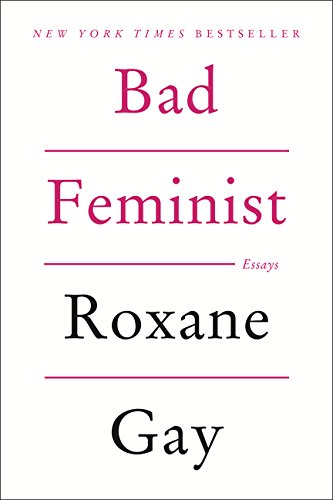
Bad Feminist by Roxanne Gay
Can you love pink, makeup, and fashion magazines and still be a feminist? Gay would say “of course!” Proving that there’s no one way to be a woman — much less a feminist — Gay’s essays cover everything from tween romances to the intersectionality required to be a black woman in America. Gay explains the way pop culture continues to shape womanhood, all the while recognizing the very real dangers that women still face.
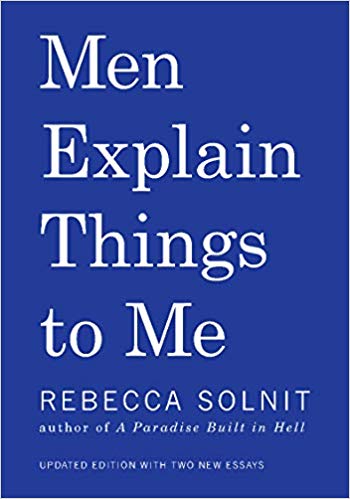
Men Explain Things to Me by Rebecca Solnit
We have Solnit’s titular essay to thank for the word “mansplaining”, which is when a man charitably explains something obvious to a woman because he wrongly assumes she doesn’t understand. This, along with six other essays, tackle women’s 21st-century realities. Workplace inequality, relationship trends, rape culture, and the current state of the global patriarchy are all put on display as a reminder to women everywhere that feminism is still very much needed.
